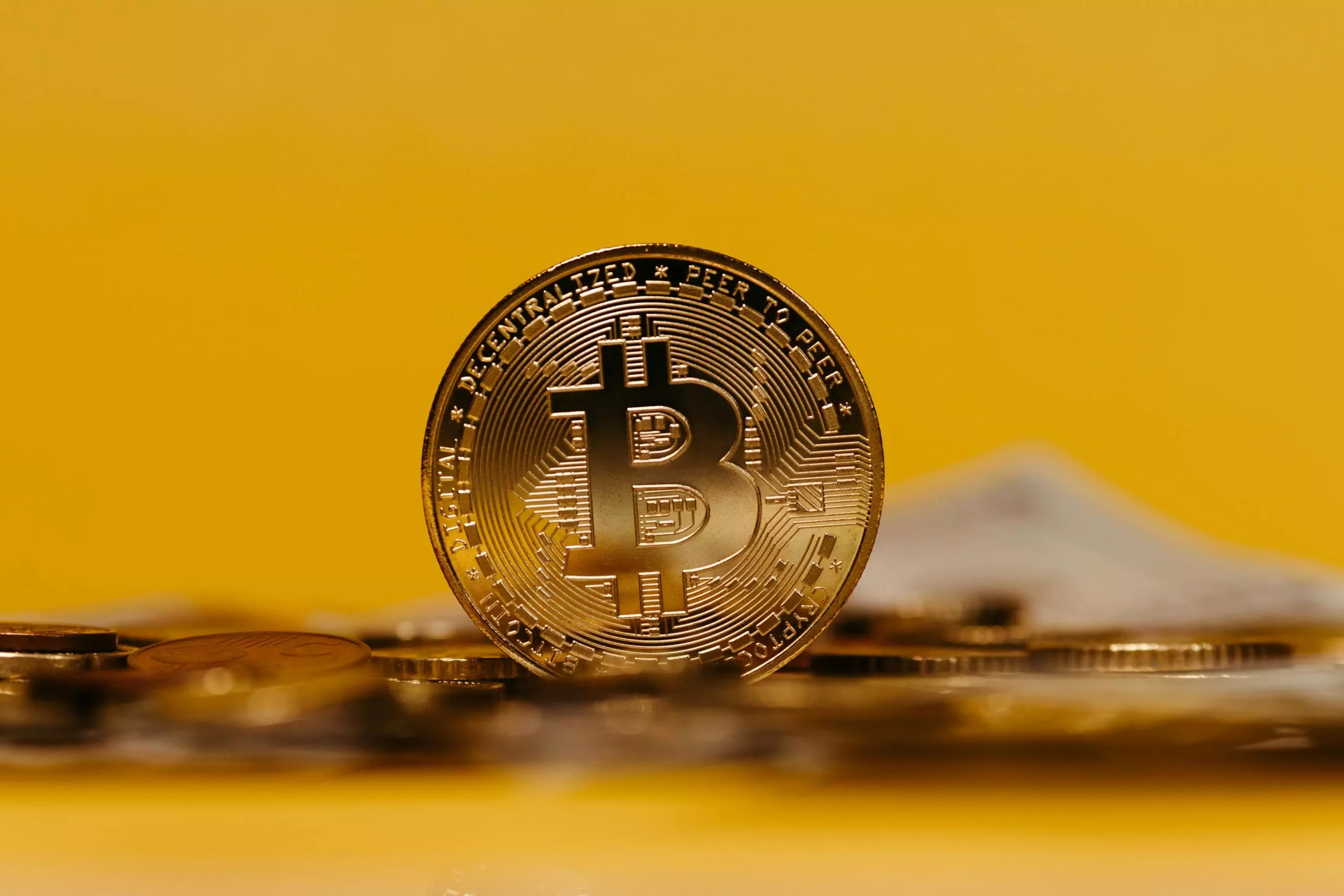The notion of a Bitcoin Strategic Reserve proposed by President-elect Donald Trump has stirred a considerable amount of debate among cryptocurrency advocates and experts alike. On the surface, it seems a promising initiative that could catapult the United States to the forefront of the global cryptocurrency arena. Nevertheless, this idea is wrapped in complexities and demands more scrutiny than just its ambitious implications. CryptoQuant CEO Ki Young Ju offers a critical view of this concept, pointing toward questions about its feasibility and the current economic landscape.
Ju’s skepticism stems from a broader context of economic stability rather than the potential benefits of a Bitcoin reserve alone. He argues that the current strength of the U.S. economy and the unwavering status of the U.S. dollar as the world’s preferred reserve currency makes such an initiative unlikely. Unlike past events where a perceived threat to U.S. dominance propelled shifts in market behavior—think of the soaring gold prices in response to economic crises—Ju suggests that the current market does not reflect a crisis. Instead, he notes a prevailing confidence in American economic supremacy. This sentiment is bolstered by the U.S. accounting for approximately 37.8% of global Bitcoin processing in 2022, solidifying its stance as a dominant player.
Ju’s comparison with historical events adds weight to his critique. Just as conversations around the gold standard surged in response to economic insecurity throughout history, so too must discussions around Bitcoin and other cryptocurrencies be tempered by the current economic climate. The assertion that gold remains a fallback in times of economic duress is echoed by Ju’s observation that any serious movement toward a Bitcoin reserve will only arise if the U.S. finds itself in a genuinely precarious economic situation. Until then, he believes that proposals like a Bitcoin reserve may serve more of a political or public relations purpose than a viable economic strategy.
Trump’s approach to cryptocurrency may evolve based on the broader political landscape, as Ju suggests. If Trump can promote a narrative of economic resilience that showcases the strength of the U.S. dollar, it is conceivable that his enthusiasm for Bitcoin may wane. This pivot would allow him to cautiously navigate the crypto discussion without upsetting his voter base, which could present a dichotomy between pro-Bitcoin rhetoric and traditional economic principles.
The interplay between political objectives and cryptocurrency dynamics adds another layer of complexity. By stepping back from an overtly pro-Bitcoin stance, Trump could align himself more closely with established financial institutions and investors who may view cryptocurrency as a threat to the existing economic order. The result could be a cautious approach that prioritizes stability over innovation, which could ultimately stifle potential advancements in the cryptocurrency space.
While the idea of a U.S. Bitcoin Strategic Reserve holds theoretical appeal, Ju’s analysis urges caution. A significant disconnect exists between political ambition and real economic needs, as expressed by both Ju and the broader crypto community. There is a need for clear, strategic thinking about the country’s priorities in the cryptocurrency landscape, particularly as developers and innovators continue to explore new avenues in decentralized finance.
In sum, the debate surrounding a potential Bitcoin reserve underscores a critical intersection of political ambition, economic stability, and community trust. While cryptocurrency advocates remain hopeful, the lessons from history and current data suggest a more measured pursuit of such radical changes may be the prudent course of action. Only time will illuminate the path forward as the global economic landscape continues to evolve.



















Leave a Reply